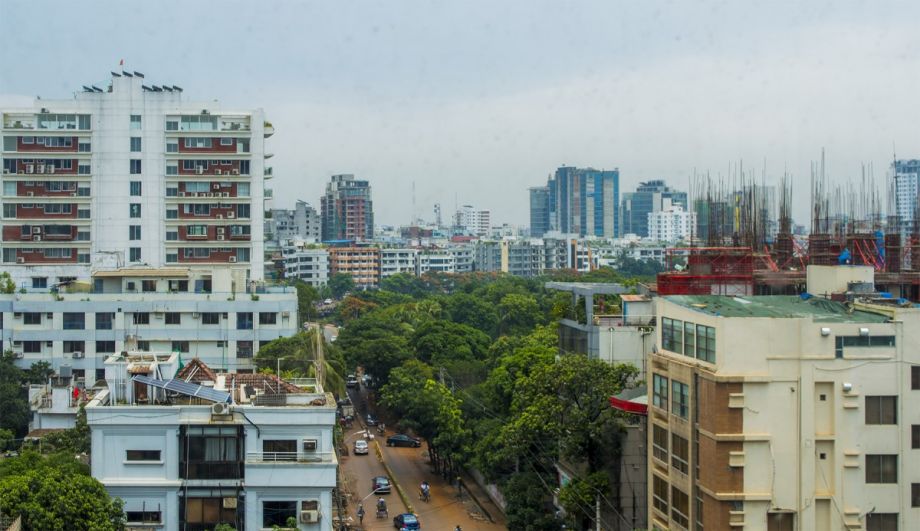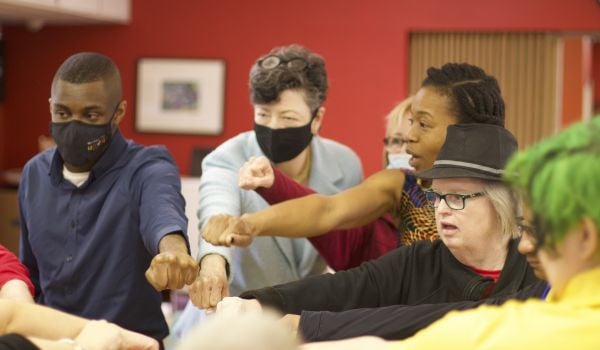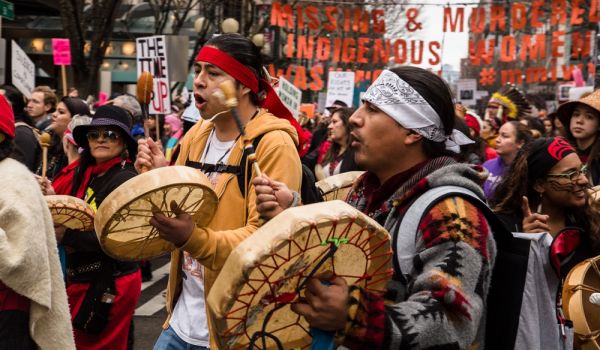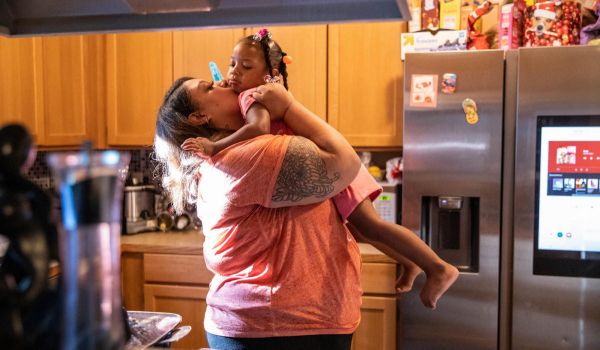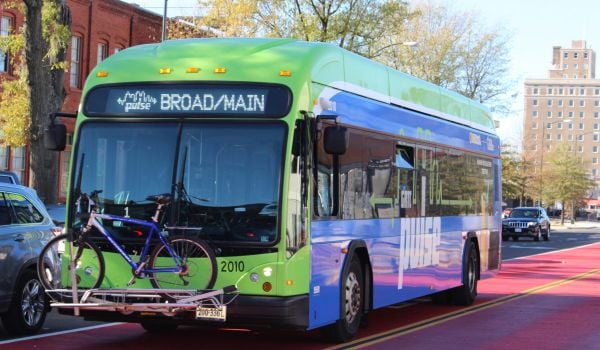Our weekly “New Starts” roundup of new and newsworthy transportation projects worldwide.
Track Work Begins on First Metro Line in Dhaka
Line 6, the all-elevated first line of Bangladesh’s first metro system, is on track to open by the end of 2021. Metro Report International reports that tracklaying on the line officially began Jan. 29 with a formal ceremony at the Uttara depot in Dhaka.
DMTC is overseeing the construction of the line, which will have 16 stations and run 19.9 km (12.4 miles) from Motijheel in the city center to Uttara in the northwest part of the city. The Japan International Cooperation Agency has loaned DMTC 75 percent of the project’s 220-billion-taka (US$ 2.6 billion) cost.
DMTC reports that 40 percent of the project was completed as of the end of 2019, including 8.5 km (5.3 miles) of viaduct. Track work will begin at Uttara and proceed south. As might be expected on a project being financed primarily by the Japanese government, a Japanese firm, Marubeni, is partnering with India-based Larsen & Toubro to build the line, and Kawasaki Heavy Industries and Mitsubishi will supply the rolling stock. The first of the 24 six-car trainsets should arrive on the property this June.
Quader said that work on the next two lines, all-underground Line 1 and part-subway, part-elevated Line 5, will begin “very soon.” The two lines combined will total 51 km (31.7 miles), a significant portion of the 175-route-km (108.7-route-mile), six-line network the government hopes to have in service by 2030.
BRT Projects in New York and Florida Receive Capital Grants
Mass Transit reports that the Federal Transit Administration has awarded grants totaling $43.5 million to two bus rapid transit projects, one in New York State and the other in Florida.
In New York, Albany’s Capital District Transportation Authority will receive $26.9 million for the River Corridor/Blue Line BRT project. This 16-mile line will run along the Hudson from Waterford to downtown Albany, with 30 stations. The total cost of the project is $42.5 million.
In Florida, the FTA has awarded $16.6 million to the Jacksonville Transit Authority for its First Coast Flyer Southwest Corridor BRT project. The grant covers half of that route’s $33.2 million price tag. The Southwest Corridor route will run 12.9 miles from the Jacksonville Regional Transit Center in La Villa to the Orange Park Mall in neighboring Clay County.
Both projects will include stations, signal priority at intersections, queue jump lanes at some stations, and real-time bus arrival information at stations. The Jacksonville grant will also help cover the cost of purchasing 15 40-foot compressed natural gas buses, and the Albany funding will also go towards the construction of two park-and-ride facilities.
San Jose Officials Fight Effort to Shift Tax Revenues from Roads to Transit
City leaders in San Jose, the principal city in California’s Silicon Valley, have gone on record in opposition to an effort on the part of local transit advocates, environmentalists and other residents to shift funds from a voter-approved sales tax from road repaving towards expanding public transit.
Voters in Santa Clara County, Calif., approved in 2016 a sales tax that funds highway construction, road maintenance, and transit expansion projects countywide. The San Jose Mercury News reports that the San Jose city council voted 7-2 to send a letter to the Valley Transportation Authority board of directors opposing any change in the funding priorities outlined in the 2016 ballot question, Measure B.
The sales tax voters approved in that measure is expected to produce a total of $6.3 billion in revenue over its 30-year lifespan. As required by California law, the question stated how the proceeds would be spent. The measure included $1.5 billion to extend the BART system into downtown San Jose, $1.5 billion to widen county freeways to reduce congestion, $1.2 billion to repair local roads and $500 million for more frequent bus service in the county.
But the measure also allowed local officials to reallocate funds as they saw fit. That provision is what local activists are seizing on, arguing that shifting money from roads to transit would demonstrate regional leaders’ commitment to fighting climate change by getting people out of cars and onto trains and buses.
Council members countered that as funds from the measure became available only one year ago thanks to a lawsuit, it was too soon to reallocate them. They also expressed the worry that a “bait and switch” at this time would undermine their credibility with voters, something they said was necessary to maintain in light of additional upcoming ballot questions, including the $100 billion “Faster Bay Area” initiative slated to go before voters this November.
From Trash to Tracks in Seattle
Sometimes, getting things done starts with taking out the trash. Seattle’s Sound Transit will have to do just that in order to build a segment of its Link light rail extension to Federal Way.
Railway Track & Structures reports that the agency plans to run the extension through the east edge of the 60-acre Midway Landfill in Seattle, which closed in 1983.
Before Sound Transit can begin work on the line through the landfill, Sound Transit will have to excavate some of the landfill’s waste. That will require it to purchase the strip of landfill it needs, remove the trash and transfer it to an authorized active landfill, restore the disturbed portions of the landfill cap, gas collection system and surface water monitoring equipment, and document its work for review and approval.
Sound Transit may also construct a maintenance facility on the landfill site. It will make that decision later this year.
The Link extension to Federal Way is set to begin service in 2024.
Know of a project that should be featured in this column? Send a Tweet with links to @MarketStEl using the hashtag #newstarts.

Next City contributor Sandy Smith is the home and real estate editor at Philadelphia magazine. Over the years, his work has appeared in Hidden City Philadelphia, the Philadelphia Inquirer and other local and regional publications. His interest in cities stretches back to his youth in Kansas City, and his career in journalism and media relations extends back that far as well.
Follow Sandy .(JavaScript must be enabled to view this email address)

